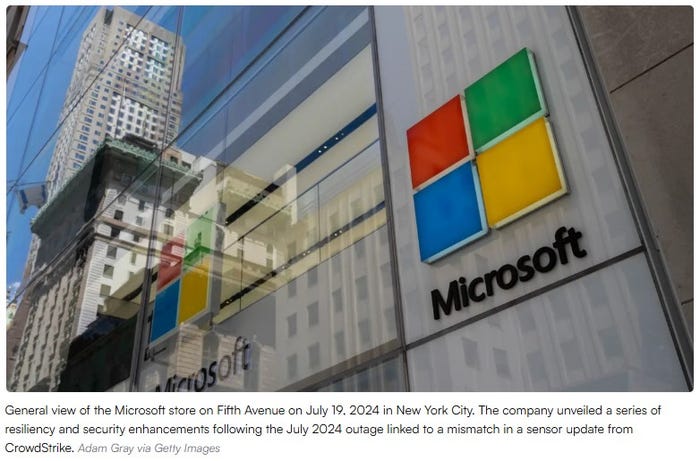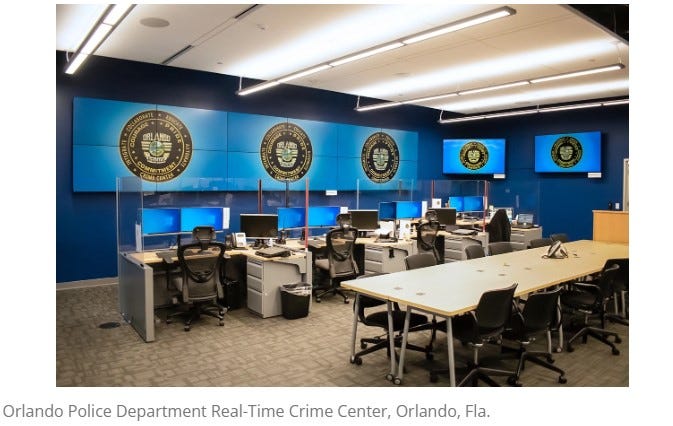Harris announces new portable radios
The P7300 is a P25 Phase 2-upgradable radio that can host multiple operating modes, including Project 25 digital trunking, P25 digital conventional, analog conventional, EDAC or ProVoice.
August 19, 2009
LAS VEGAS — Harris this week introduced three multimode portable radios — the P7300, the P5300 and the P5400 — at the Association of Public-Safety Communications Officials (APCO) conference.
The P7300 is a P25 Phase 2-upgradable radio that can host multiple operating modes, including Project 25 digital trunking, P25 digital conventional, analog conventional, EDAC or ProVoice. The radio is being introduced in the 450-512 MHz band, or T-band, and has features similar to those provided by the P7200 in the 700/800 MHz bands, said John Vaughan, senior vice president of marketing and business development for Harris RF Communications.
“The 7300 is smaller, multimode, Phase 2 upgradable — kind of everything the 7200 is, but … in a smaller package,” Vaughan said, noting that the radio is still large enough to be used by responders wearing gloves
Later versions of the P73000 will be available for the VHF band and low split UHF band.
In addition, Harris introduced an intrinsically safe line of P5300 and P5400 multimode portable radios for first responders operating in chemically volatile or explosive environments.
“Some want it [the intrinsically safe characteristic], and others don’t,” Vaughan said. “Now, they have a choice.”
While these new radios include Harris’ legacy modes, those modes are not included in the company’s multiband Unity radio, which currently supports open standards. Vaughan said Harris is considering the possibility of introducing some of the legacy modes in the Unity radio but would not speculate on the timing of such developments.
“Can we add other things? Absolutely. Which ones? I’m not exactly sure yet,” he said. “But it’s clear that the platform will support any standard protocol or our proprietary [protocols].”



